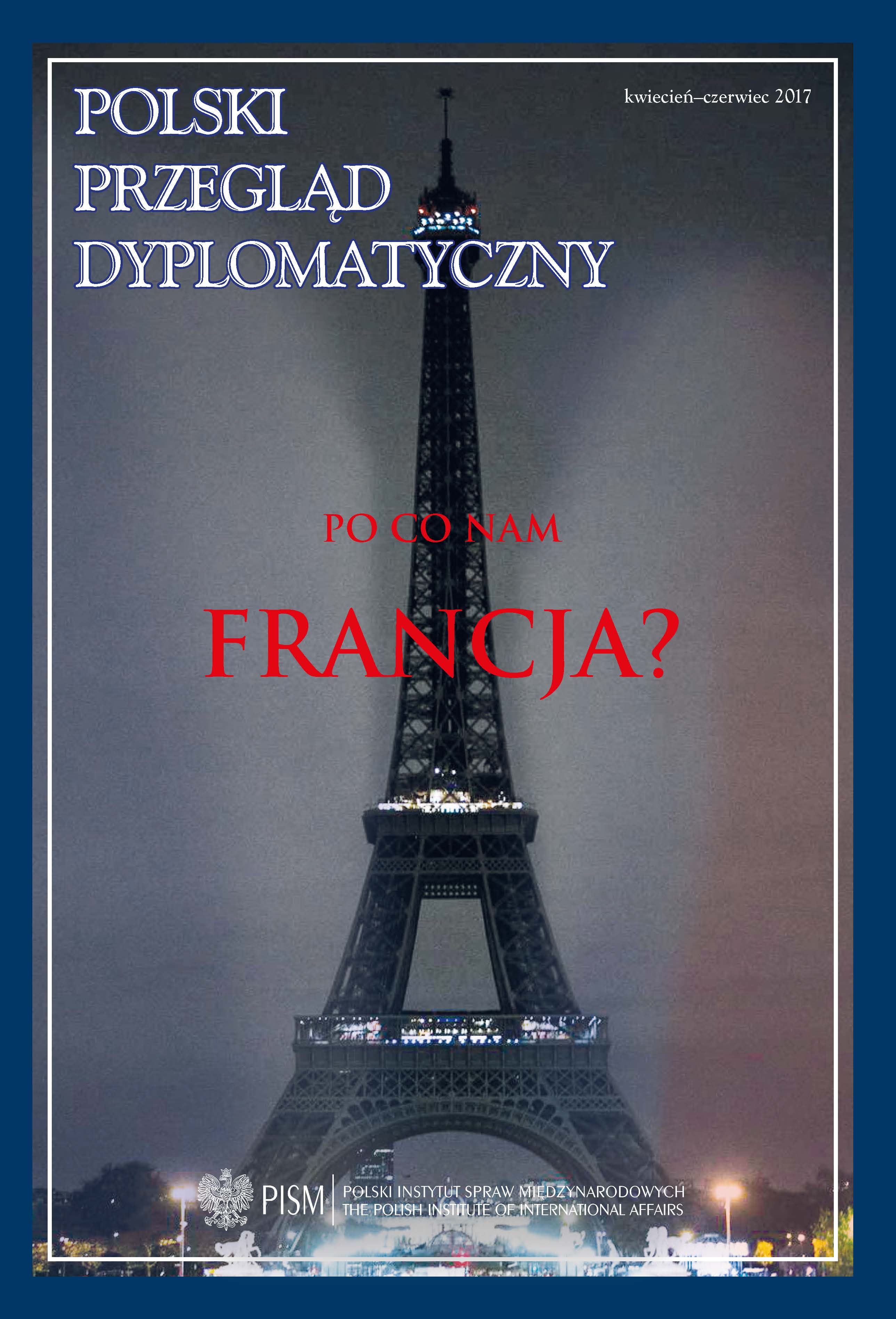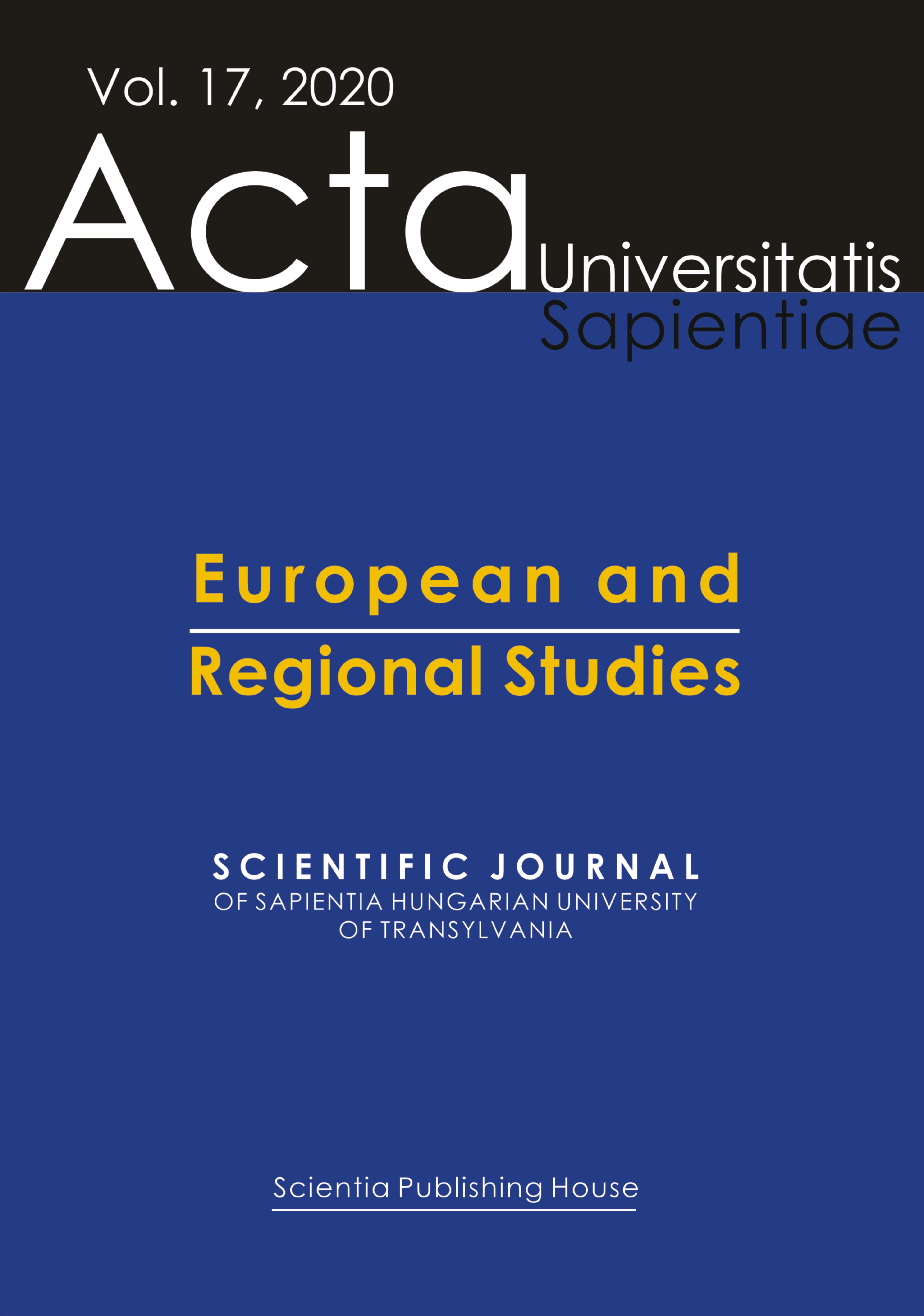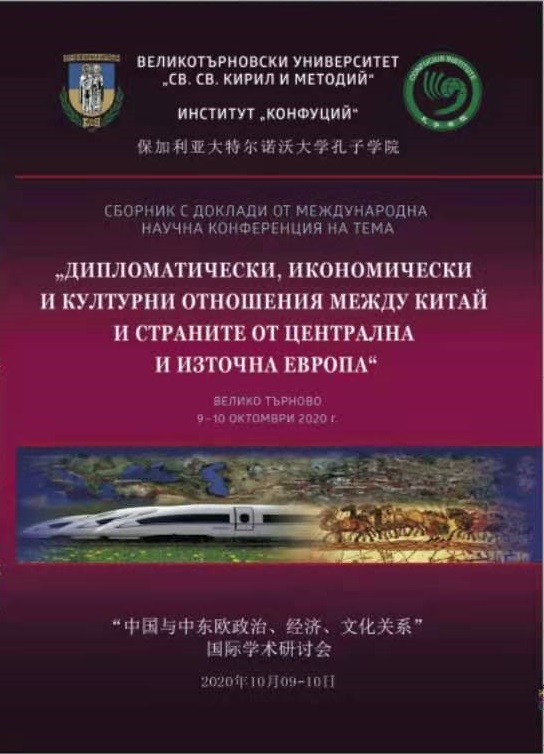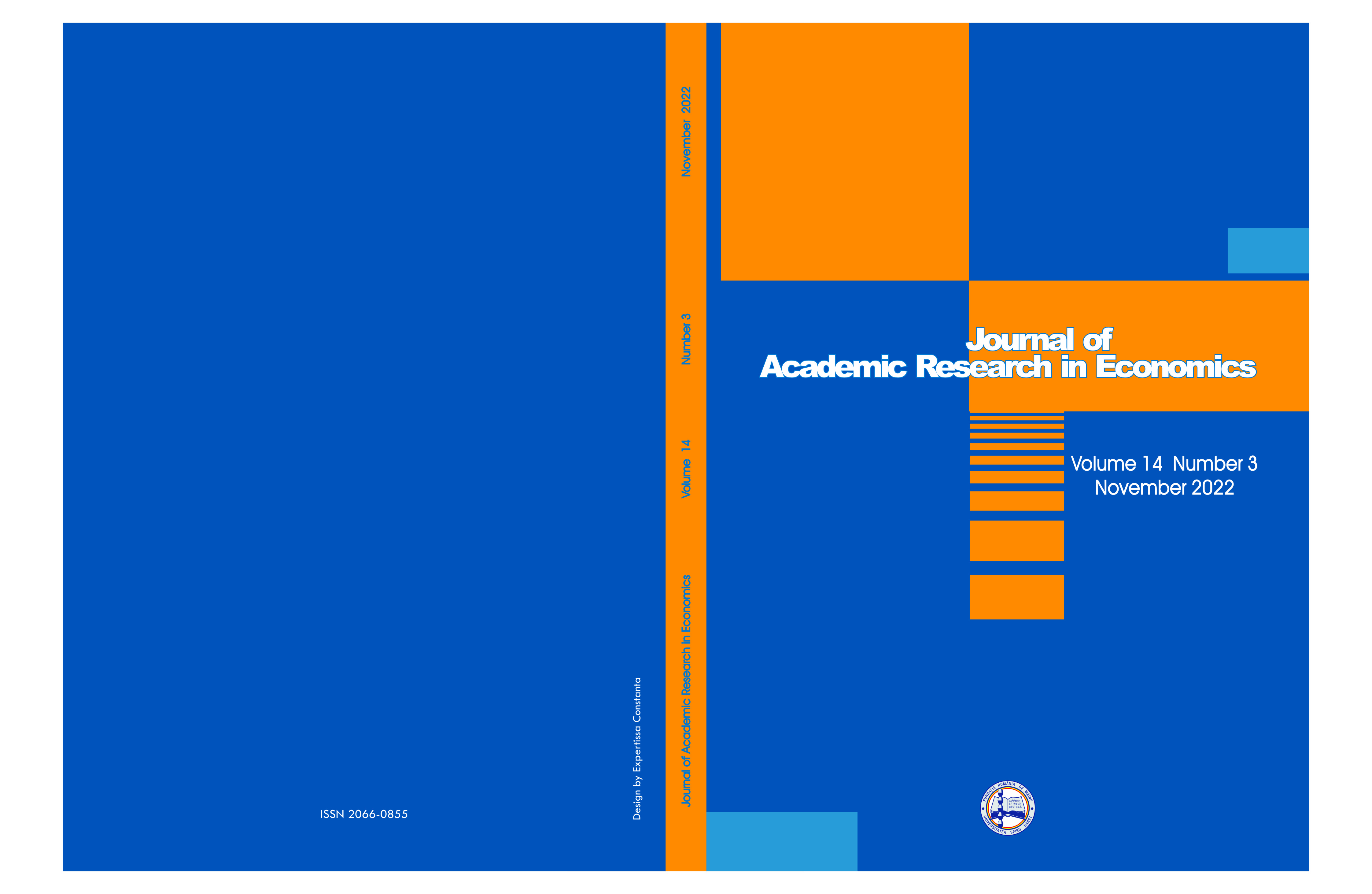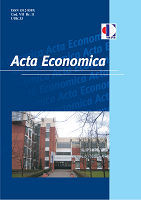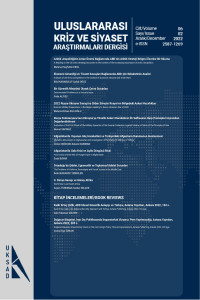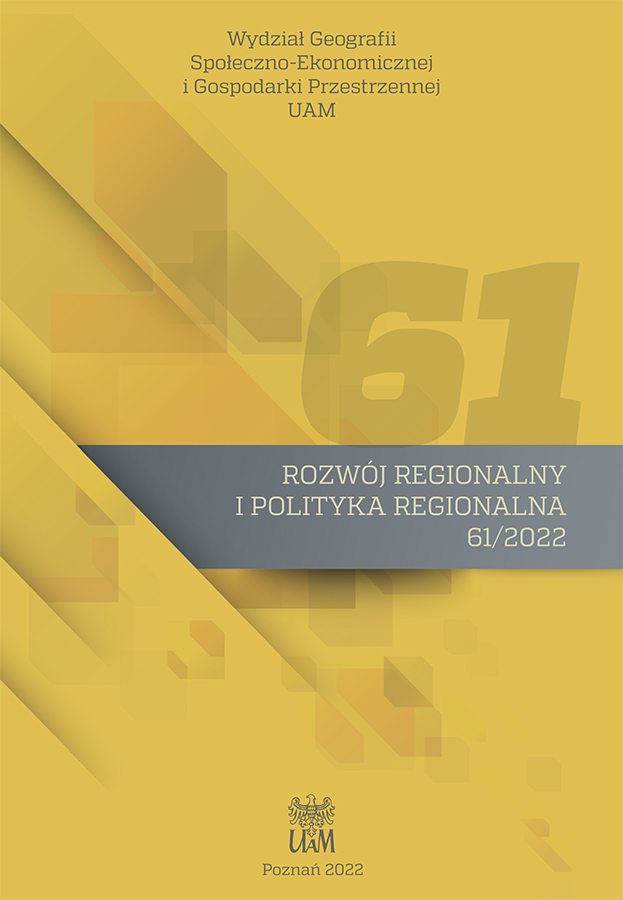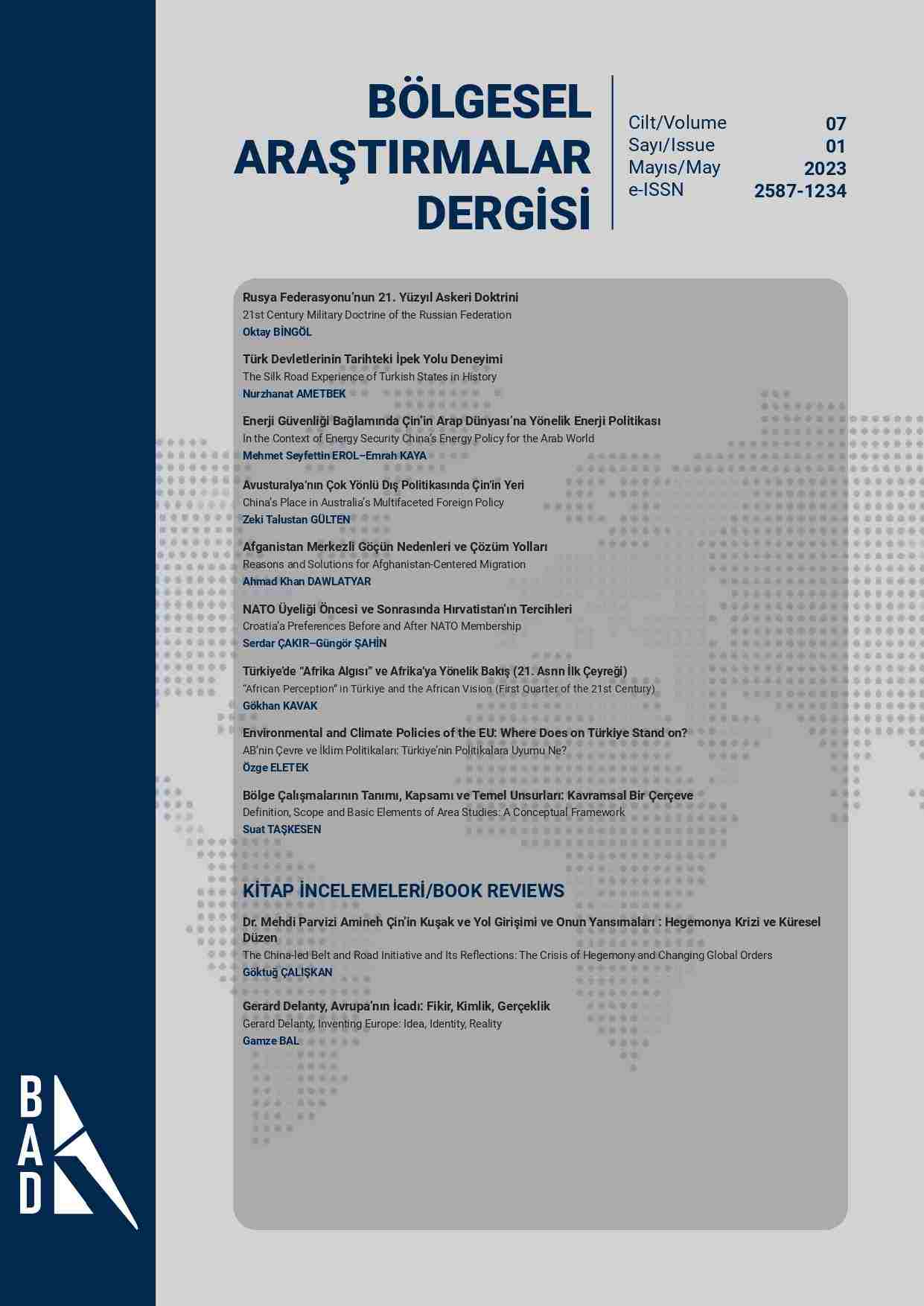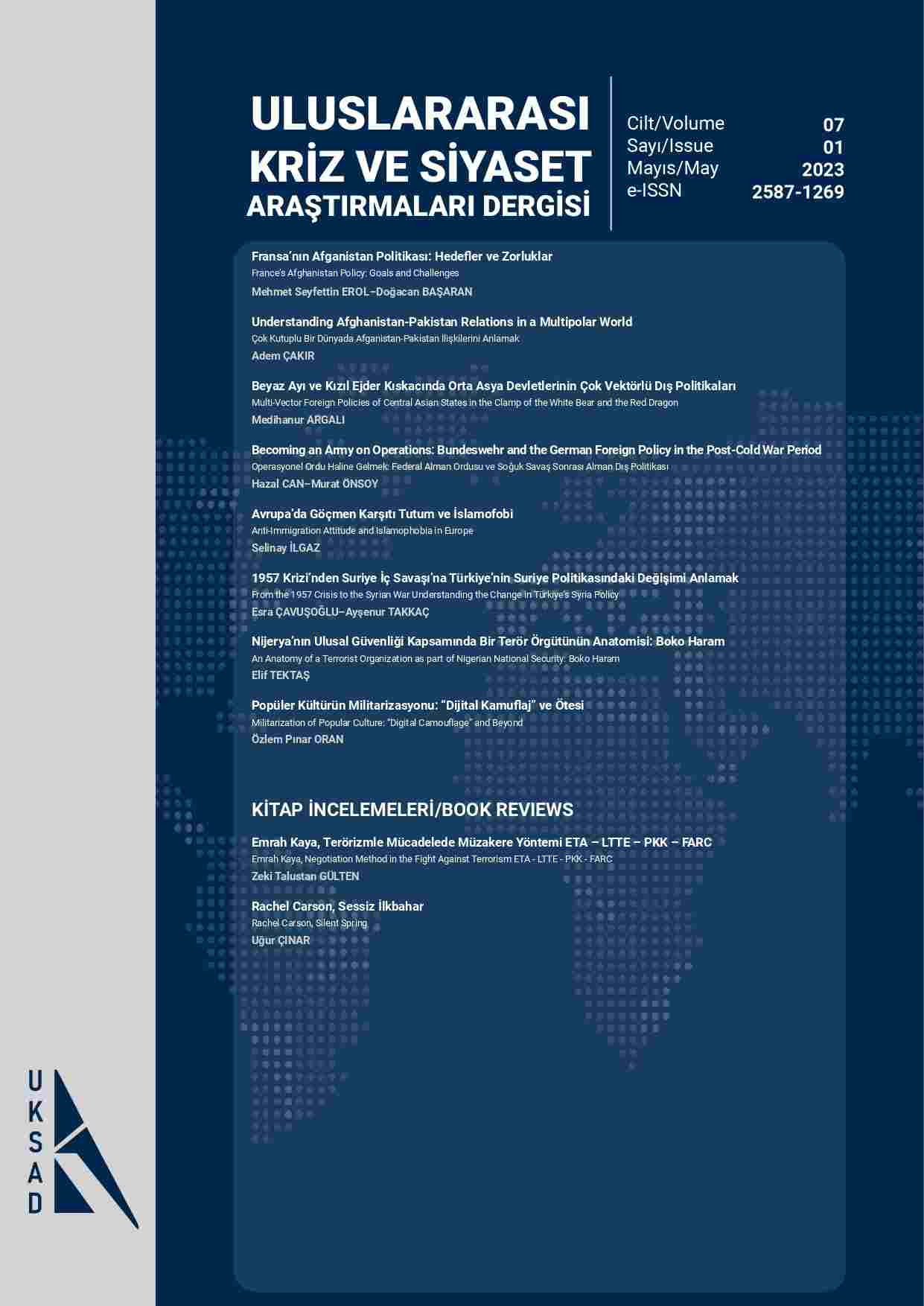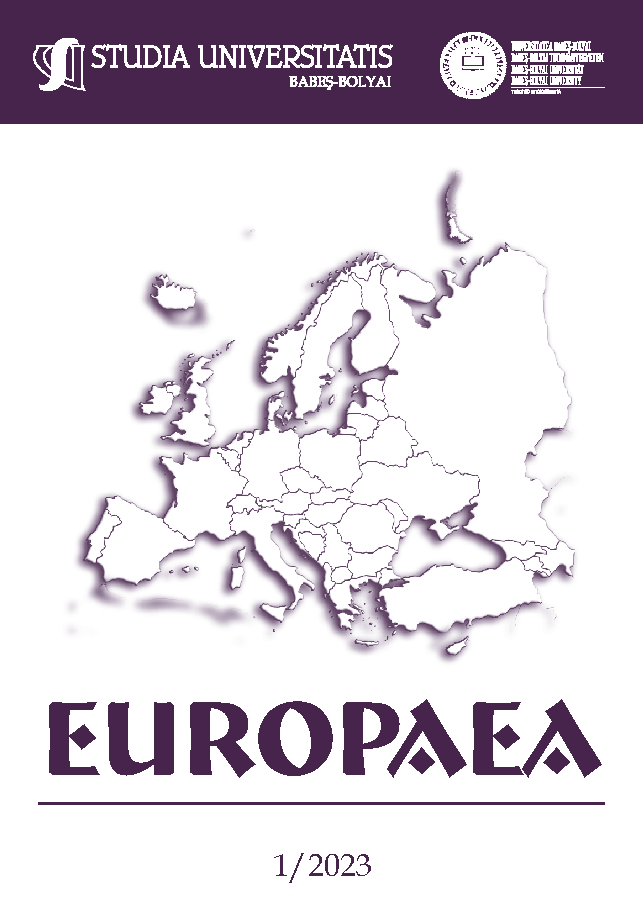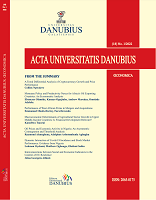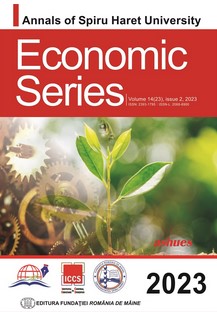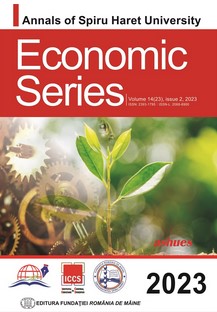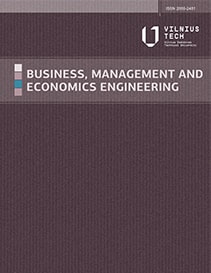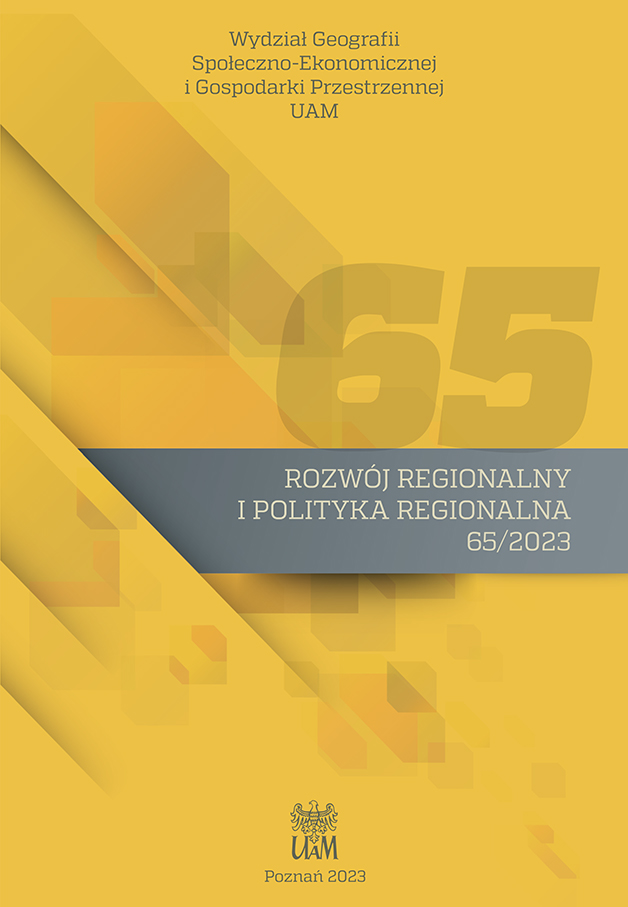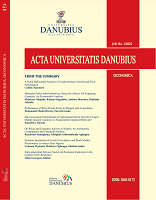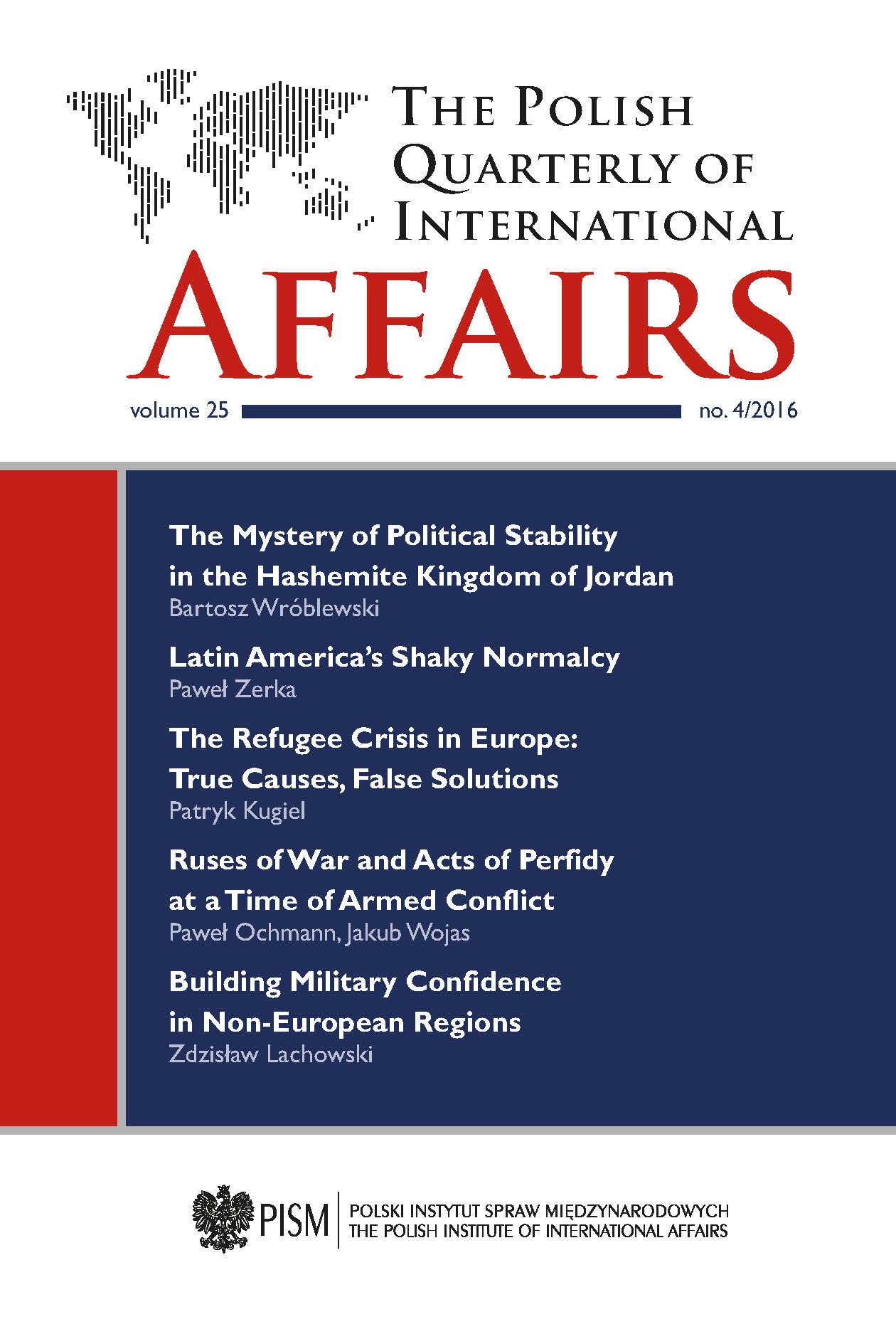
The Mystery of Political Stability in the Hashemite Kingdom of Jordan: Monarchy and the Crisis of State Governance in the Arab World
Serious political crises observed in the Arab world since 2011 have resulted in the overthrow of or attacks on several dictatorships, but it is interesting to note that deep crises of state structures were observed in the Arab republics, while the monarchies retained political and social stability. The author observes that this is hardly a coincidence, as the monarchs rely on the traditional legitimacy of power, with the reigning dynasties depending either on their descent from Prophet Muhammad or on their contribution to the renewal of Islam. The authority of these monarchs is close to absolute, even in Jordan, where many European arrangements have been adopted (for example, a constitution, parliament, and elections). This text examines several decades in Jordan’s development, focusing on the crises of authority in 1951, 1956–1957, 1967–1970 and 1989–1991. In times of crisis, the Hashemites draw on their prerogatives as absolute rulers, and on the concept of the ruler in Islamic tradition, so Jordan’s history may be presented as an example of the stabilising role of monarchies in the Arab world.
More...
